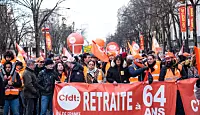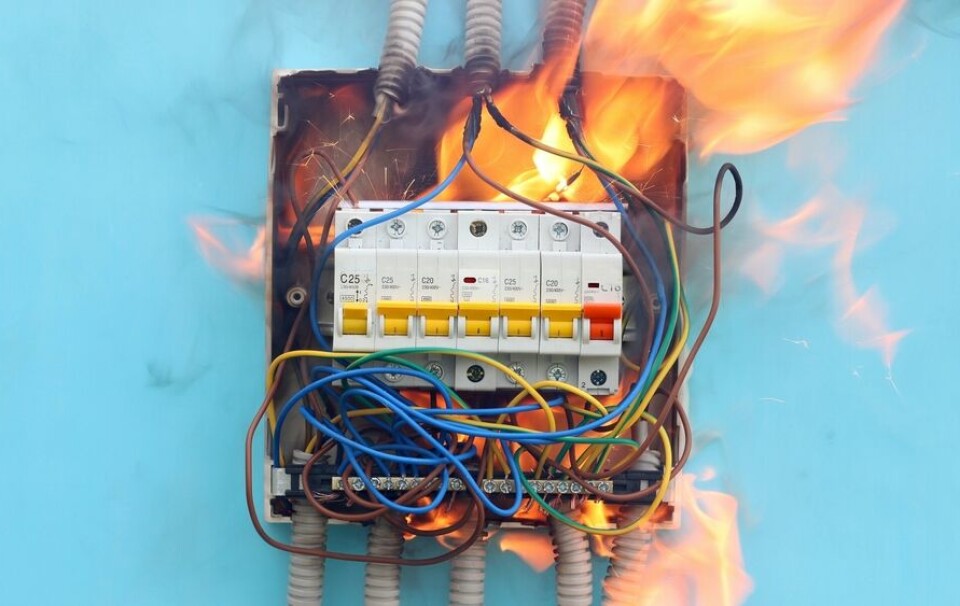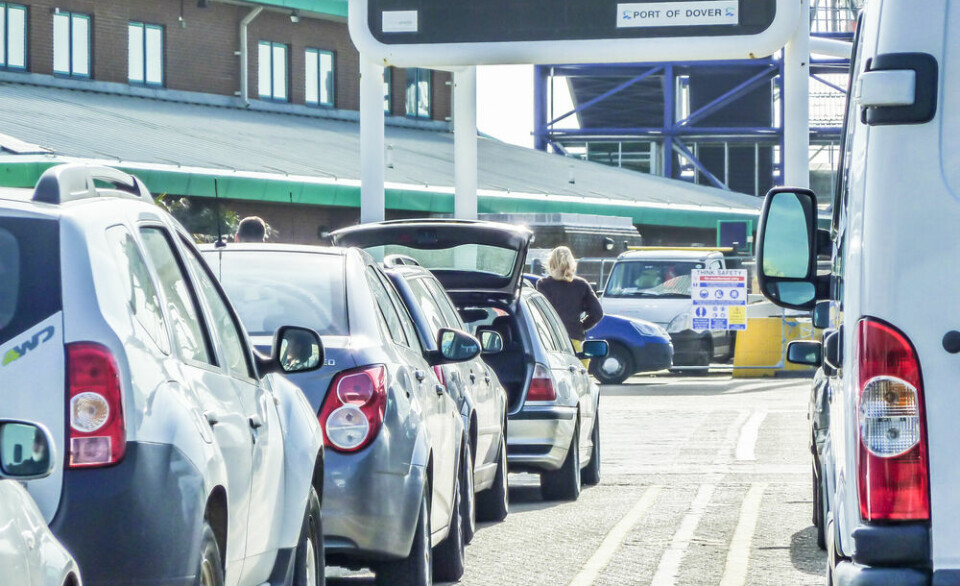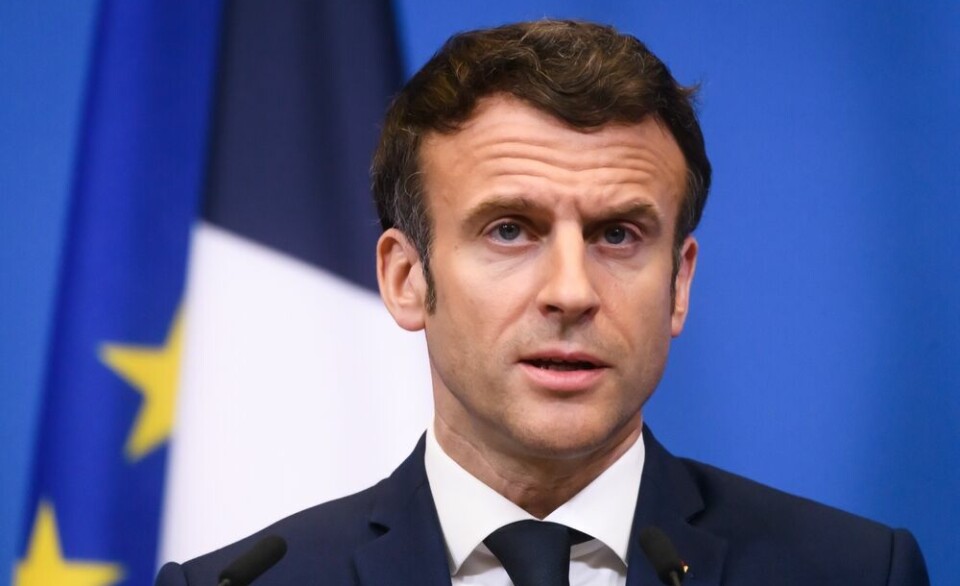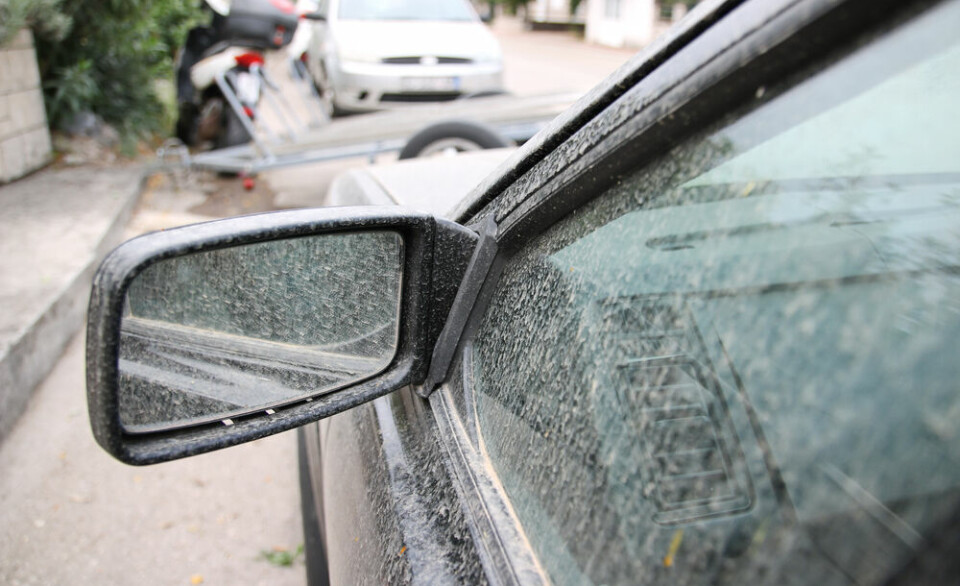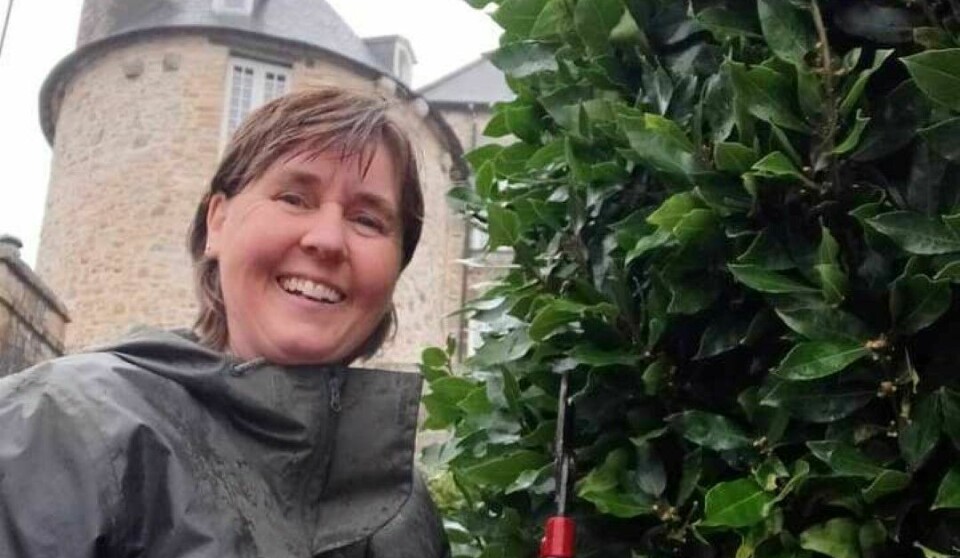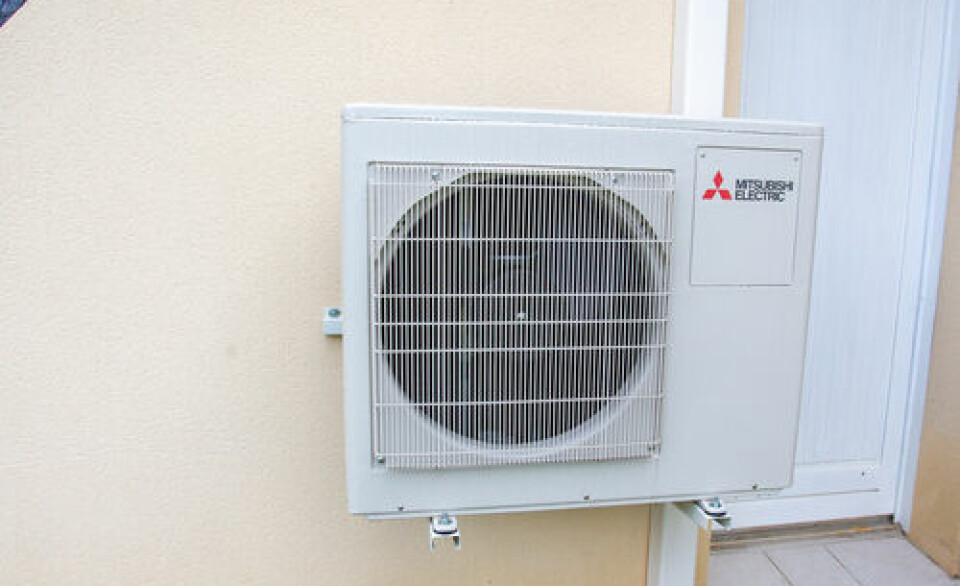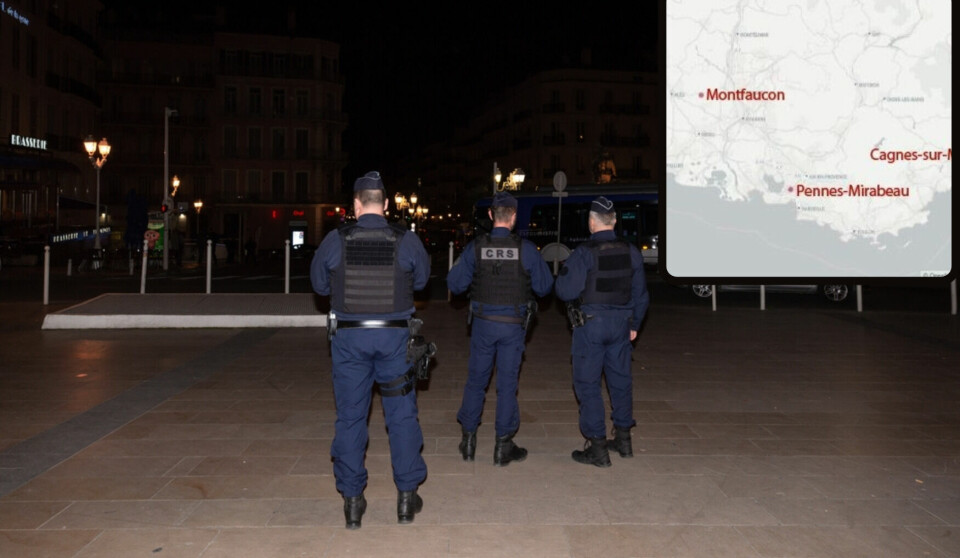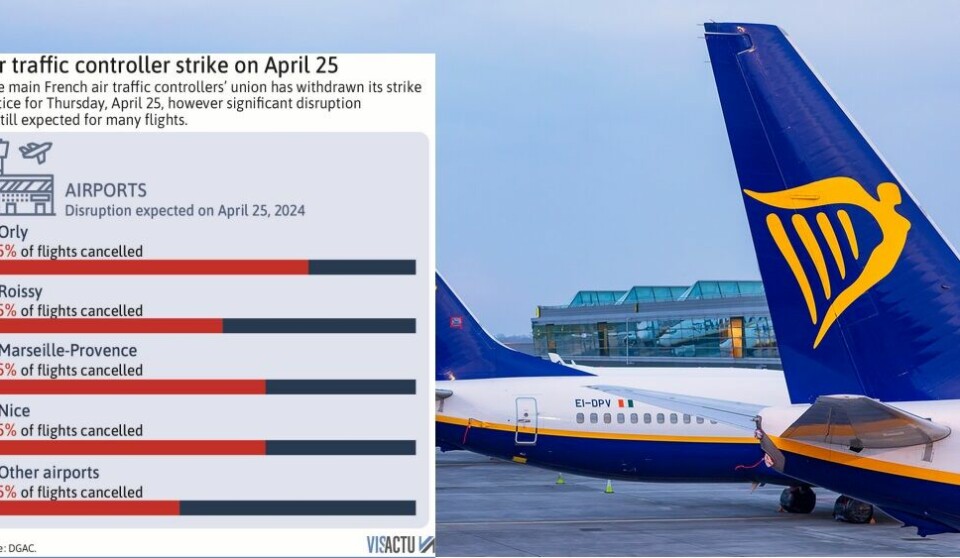-
‘It is my right to work beyond retirement age - but France says no’
Age discrimination in the workplace is real but hidden, says (soon to be forcibly retired) English teacher Nick Inman
-
‘Ponds in rural France are beautifully maintained but no longer used’
Columnist Peter Wyeth laments that these large, impressive sites, once the fresh-aired setting for family picnics, barbecues and fun, now fail to attract people
-
‘New French speeding rule encourages aggressive drivers’
The change has enabled reckless motorists to drive even more wildly without fear of losing points, argues columnist Samantha David
Held to their accounts
France is wrestling with the question of how politicians use and misuse public money for their own ends.
Being accused of financial impropriety is not automatically a resigning matter here as it is, by convention, on the other side of the English Channel. A good dose of honour, and its counterbalance shame coupled with full disclosure, would do wonders for the political class in Paris and the country as a whole. Politics is a voluntary calling not an obligation and one of the requirements (in return for a generous salary and pension) is to set a virtuous example to the people served.
Ordinary people have a right to expect a politician not to take refuge in grey practices which may be legal but are not ethically wholesome – such as employing your spouse as assistant on an above-market rate of pay.
All this must be transparent and accountable, with no room for hypocrisy or ambiguity. Even mild corruption is an impediment to a well-functioning democracy.
If politicians spend more time thinking about their own interests, as individuals and as a class, than about the interests of wider society, everyone suffers. When they think only their peers are watching – and they are all up to the same thing – it means they have forgotten about the rest of us. They have become not a dutiful leadership team but a disconnected, introspective clique that is incapable of making good policy on our behalf. Financial irregularity is a political weakness. There must be coherence between rhetoric and behaviour or credibility is lost. If a leader is creaming off the largesse of the state to enrich his family, how can he ask public service workers to accept reduced staff numbers and wage freezes in the common interest?
Appearance is everything in politics.
Politicians must do more than claim to be honest and lecture the rest of us about morality; they must be seen to be honest themselves.
